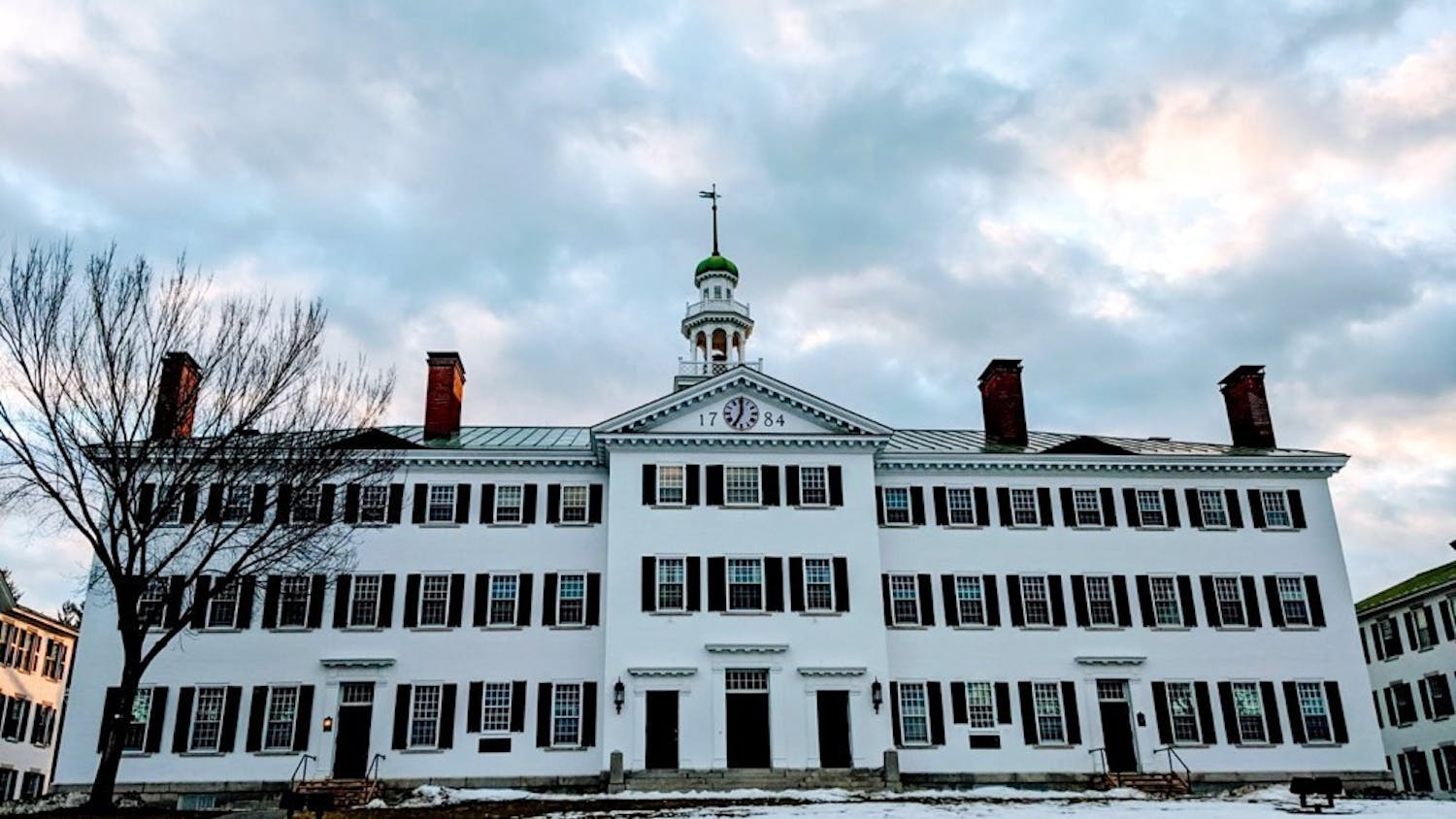In spite of the prior debate surrounding its ratification, a new law requiring N.H. schools to set aside time for a recitation of the Pledge of Allegiance became effective yesterday.
The law, signed by the governor on May 18, had been amended by the Senate so as not to require students to stand or recite the Pledge, thus leaving participation to the discretion of students and their families.
State House Rep. Frank Sapareto, who sponsored the bill, said that he is glad today's students will have the opportunity he had to recite the Pledge.
"This provides a curiosity to others to learn more about their heritage and the sacrifices that previous generations have made for us," Sapareto said.
Sapareto, a Republican, claimed that the bill was initially drawn in response to a situation in the Oyster River school district, in which students who wanted to recite the Pledge of Allegiance were not allowed to do so.
He claimed that the law addresses the larger nationwide problem of voter apathy as well.
"Unfortunately political correctness is aiding the apathetical view," he added.
In regards to the controversy regarding the phrase "under God," Sapareto pointed out that nothing in the Constitution prohibits mention of a deity, and that such references have been made in numerous historical documents.
"Do we declare the Declaration of Independence as unconstitutional? We're not forcing anyone out of their beliefs. It's just history," Sapareto said.
"The suggestion that 'under God' represents a national religion sets new boundaries for political correctness," he added.
Sapareto hoped that other states would adopt similar legislation.
Democratic State Senator Clifton Below '78 voted against the law when it had been originally been presented as a bill to the Senate.
He said that since the bill had become a law, the controversy has dissipated, but that he still opposed the vote to adopt it.
"In the end there was a lot of sentiment towards wanting to make the pledge part of the daily activities of school," Below said.
"I thought it made more sense to let the school districts decide," he noted.
According to Below, the Senate's decision to amend the bill and make the recitation of the Pledge voluntary was the "least that needed to be done."
Below also supported the amendments that nullified the requirement for students to stand during the recitation of the Pledge, and claimed that trying to force students to stand invites civil disobedience.
But Sapareto expressed disagreement with the amendment, saying that the decision to amend the part of the bill in which students were required to stand presents a "big inconsistency."
He said that citizens are obliged with threat of incarceration to stand for a judge in a courtroom, but not, however, for the "symbol of our country."
Department of Education Administrator Sarah Browning agreed with Below that students should not be forced to be patriotic, but said that the new law may become a good teaching tool in the classroom.
"It gives teachers a number of opportunities to use that law as a lead-in a variety of conversations about patriotism and freedom and all kinds of other public policy, history and civics types of lessons." Browning said.
Dr. Deborah Gillespie, principal of Hanover High School, said she didn't anticipate any drastic changes to occur at N.H. schools as a result of the new law.
"We're going to set aside a time and place but I don't see it affecting what happens within the school day education-wise." Gillespie said. "It's going to be for people who wish to do it."
She said that people who want to recite the Pledge should have the opportunity to, adding that she was pleased the law provides an option rather than a mandate.
When asked whether the law could potentially provoke conflict between students, Gillespie expressed her hope and expectation that it will not.
"Each side should respect the other's rights and choices, and I think they will," she said.



